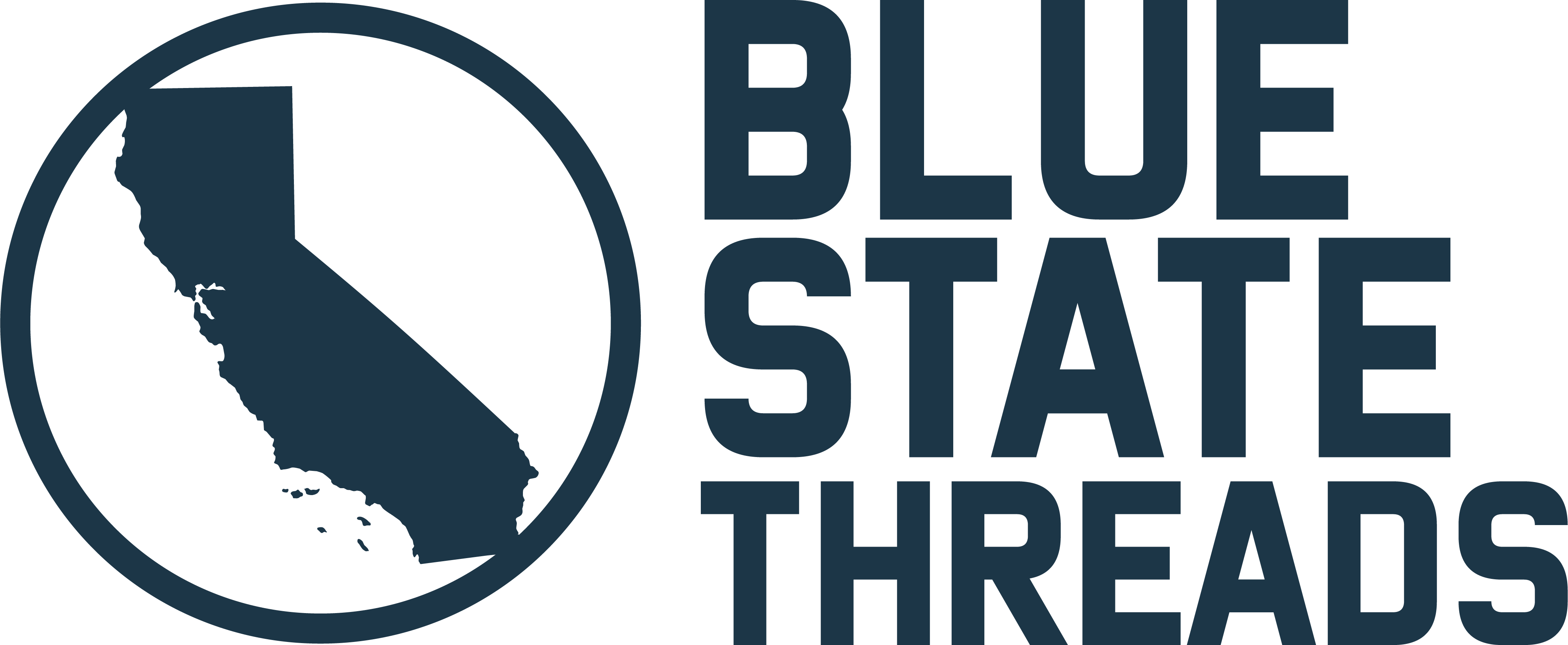USA Tightens Screws: Student Visas Now Require Public Social Media Feeds
- Blue State Threads

- Jun 19, 2025
- 2 min read
Yesterday’s announcement from the State Department is a privacy landmine. Every foreign student applying for a U.S. visa must now unlock their social media accounts for government review. This isn’t targeted at extremists—it’s blanket surveillance for anyone who wants to study in America.

What just happened
The State Department revived its foreign-student visa program with a catch. Applicants must hand over full access to their social-media history, including private posts and follow lists, so that consular officers can judge “American values.” If an account is locked, the application may be denied.
Chilled speech before class even starts
Picture a doctoral candidate weighing every tweet about racial justice or climate policy, knowing one retweet might sink a dream fellowship. Blanket monitoring turns social platforms into surveillance reports. Expression freezes, and academic exchange shrinks.
A quiet extension of hard-line nationalism
Officials pitch the policy as an extra safety filter. In practice, it echoes Trump-era loyalty tests that demanded ideological purity. The message to the world is blunt: Agree with us publicly or study somewhere else.
What Fox chooses to ignore
Fox primetime barely mentioned the change. No on-screen graphic, no campus privacy guest, no critique of state overreach. Hosts framed it as a routine security upgrade, then pivoted to their usual border scare segments. Viewers never heard civil-liberty lawyers call the rule a First Amendment minefield.
The risks hiding behind “security”
Academic talent drain Students may skip U.S. programs rather than surrender a decade of private messages.
Global chilling effect Friends abroad will censor posts that reference U.S. politics, worried about future travel plans.
Precedent creep Other democracies could copy the rule, shrinking the internet’s open public square.
How to push back
Demand transparency Rights groups should file FOIA requests for the screening guidelines. Darkness helps bureaucrats overreach.
Universities must speak up Scholarship letters should state that social-media demands undermine academic freedom. Colleges still hold leverage in global competition.
Share evidence Post visa letters and embassy notices. Public documentation makes denial patterns impossible to downplay.



Comments